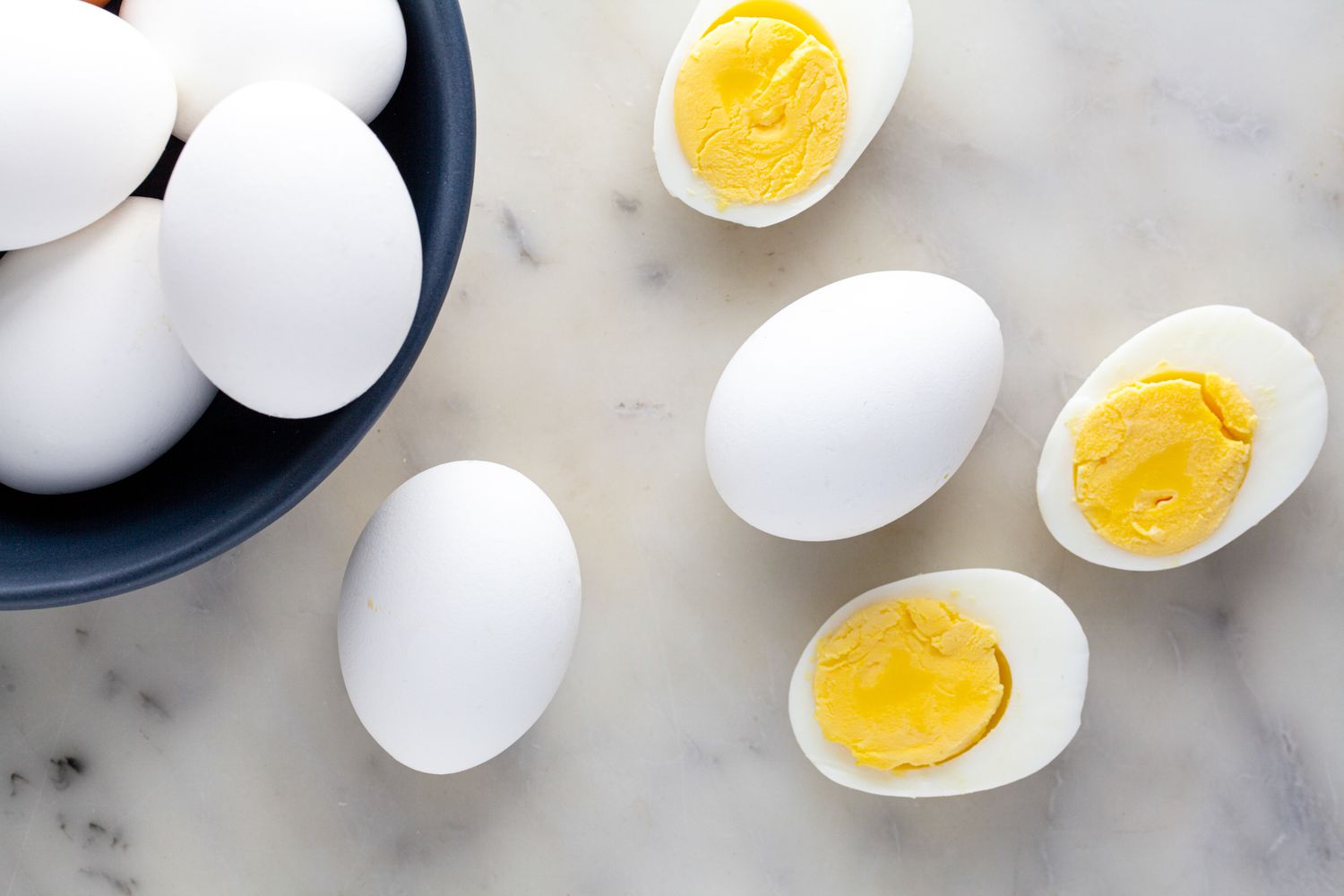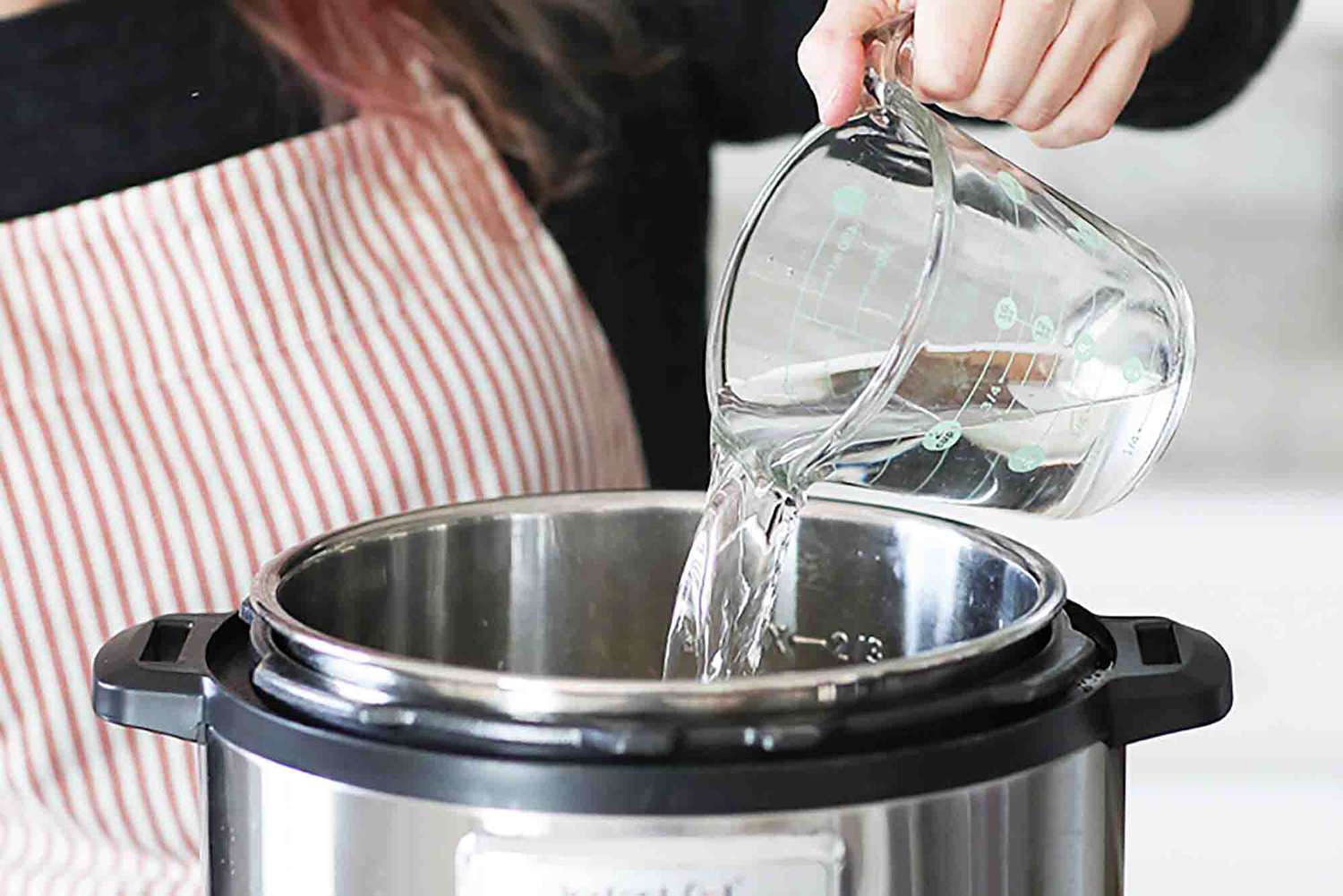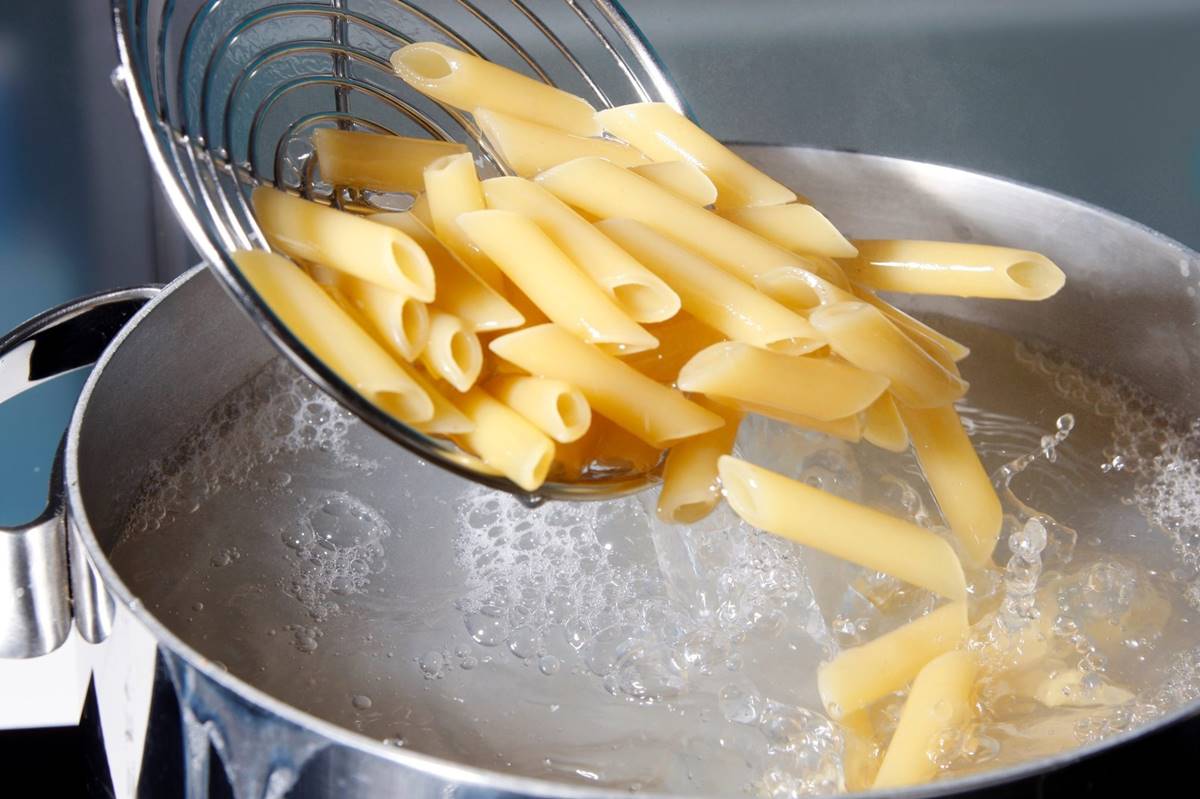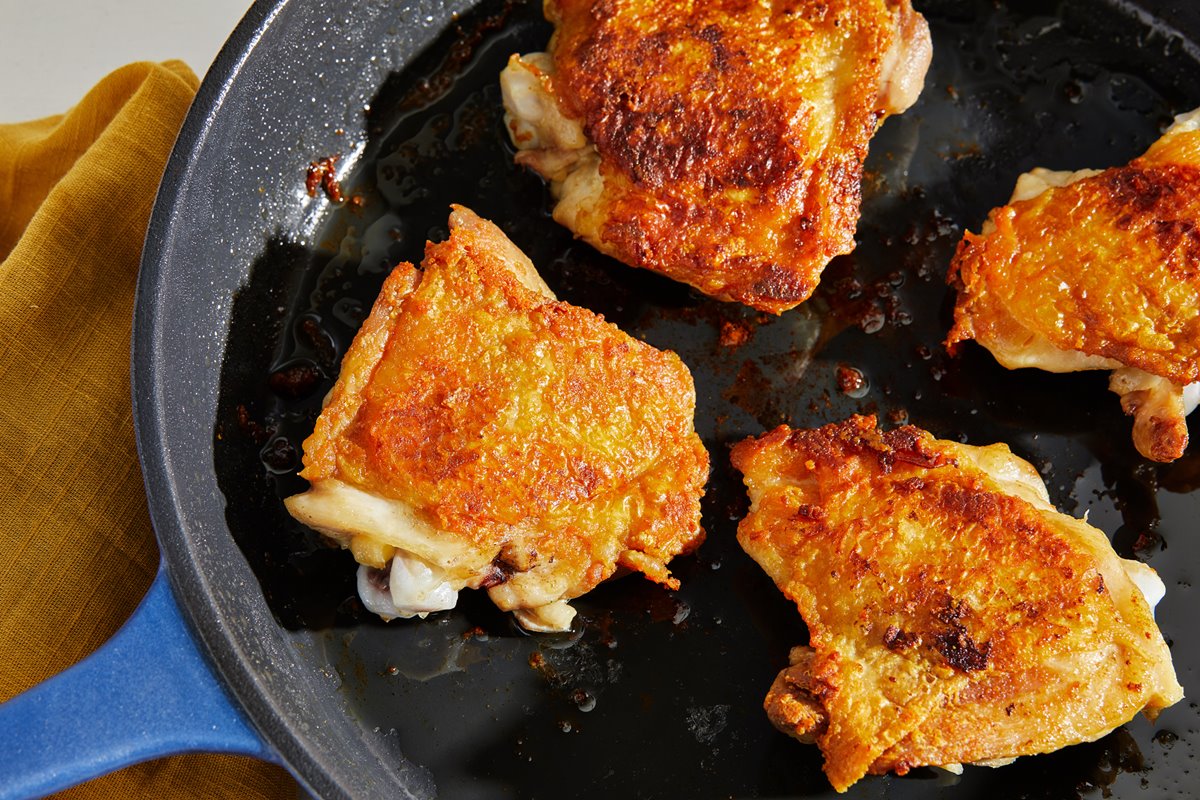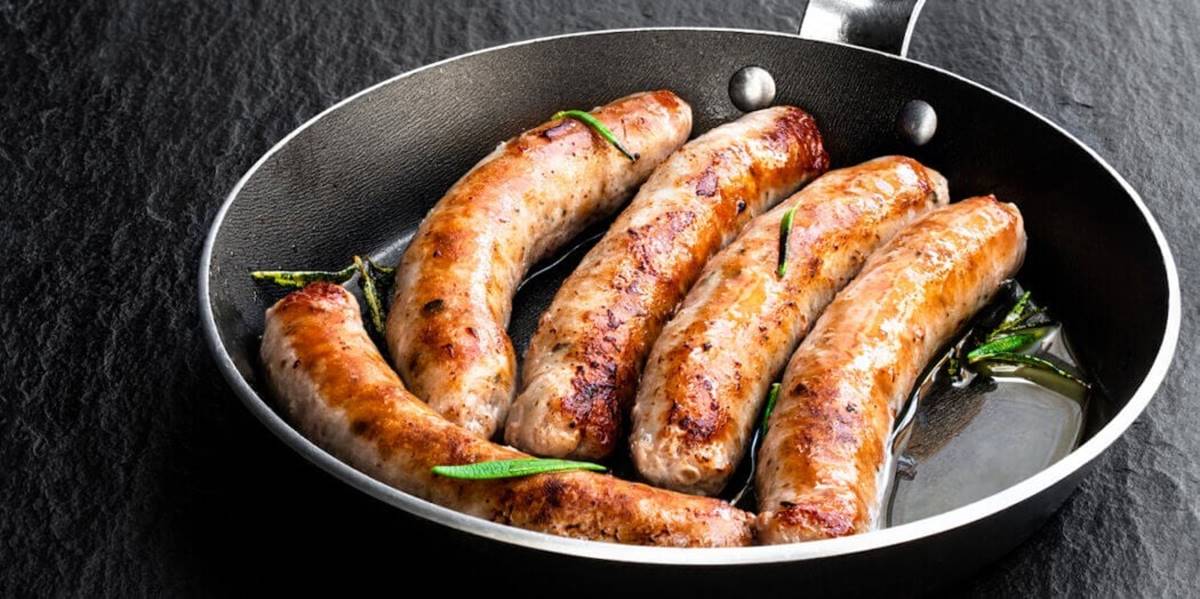How To Boil Bacon
Are you tired of the same old way of cooking bacon? If you’re looking to try something new and delicious, why not give boiling bacon a try? Boiling bacon not only reduces the fat content but also lends a unique texture and flavor. In this article, we’ll walk you through the steps on how to properly boil bacon, ensuring a crispy yet tender result every time!
Benefits of Boiling Bacon
Boiling bacon may be unconventional, but it offers several benefits:
- Reduced fat: Boiling bacon allows the fat to render out, resulting in a leaner end product.
- Unique texture: Boiling bacon gives it a softer texture compared to frying or baking. It becomes tender and easy to bite into.
- Enhanced flavor: Boiling the bacon infuses it with the flavors of the liquid you use, resulting in a deliciously seasoned end product.
Step-by-Step Guide to Boiling Bacon
Follow these simple steps to achieve perfectly boiled bacon:
- Choose the right bacon: Opt for thick-cut bacon slices, which will hold up better during the boiling process.
- Prepare the liquid: Fill a pot with enough water or broth to fully submerge the bacon.
- Bring to a boil: Place the pot over high heat and bring the liquid to a rolling boil.
- Add the bacon: Carefully place the bacon slices into the pot, ensuring they are fully submerged.
- Reduce heat: Once the liquid returns to a boil, reduce the heat to medium-low.
- Simmer: Allow the bacon to simmer for about 15-20 minutes, or until it reaches your desired level of doneness.
- Remove from heat: Using tongs, remove the bacon from the pot and place it on a paper towel-lined plate to drain excess liquid.
- Serve and enjoy: Your boiled bacon is now ready to be enjoyed as is or used in various dishes!
Tips for Perfectly Boiled Bacon
For the best results and a delicious outcome, keep these tips in mind:
- Don’t overcook: Keep a close eye on the bacon while it simmers to prevent overcooking, as it can become too soft and lose its shape.
- Experiment with liquids: Instead of plain water, try using broth, beer, or even apple cider to give your boiled bacon a unique flavor twist.
- Try different seasonings: Add herbs, spices, or garlic cloves to the boiling liquid for an extra layer of flavor.
- Pat dry before serving: Use a paper towel to gently remove any excess moisture from the boiled bacon before enjoying it.
So, give boiling bacon a go and discover a new way to enjoy this beloved meat. Enjoy the benefits of reduced fat, a unique texture, and enhanced flavors by following our step-by-step guide. Don’t forget to experiment with different liquids and seasonings to create your own signature boiled bacon dish. Get ready for a delightful bacon experience that will leave your taste buds wanting more!
Explore More: Delicious Recipes Featuring Boiled Bacon
Once you've mastered the art of boiling bacon, a whole new world of culinary possibilities opens up. For those who have followed our guide on how to boil bacon, consider putting your skills to the test with a variety of delectable recipes. We recommend starting with Traditional Irish Boiled Bacon and Cabbage for a classic touch, or if you're in the mood for something rich and comforting, try the Creamy Potato and Boiled Bacon Soup. For a unique twist, the Boiled Bacon and Asparagus Salad offers a fresh and light option. Each of these recipes utilizes boiled bacon in distinct ways, showcasing its versatility and the depth of flavor it can bring to different dishes.
Was this page helpful?
Read Next: How To Boil Chicken In Instant Pot

